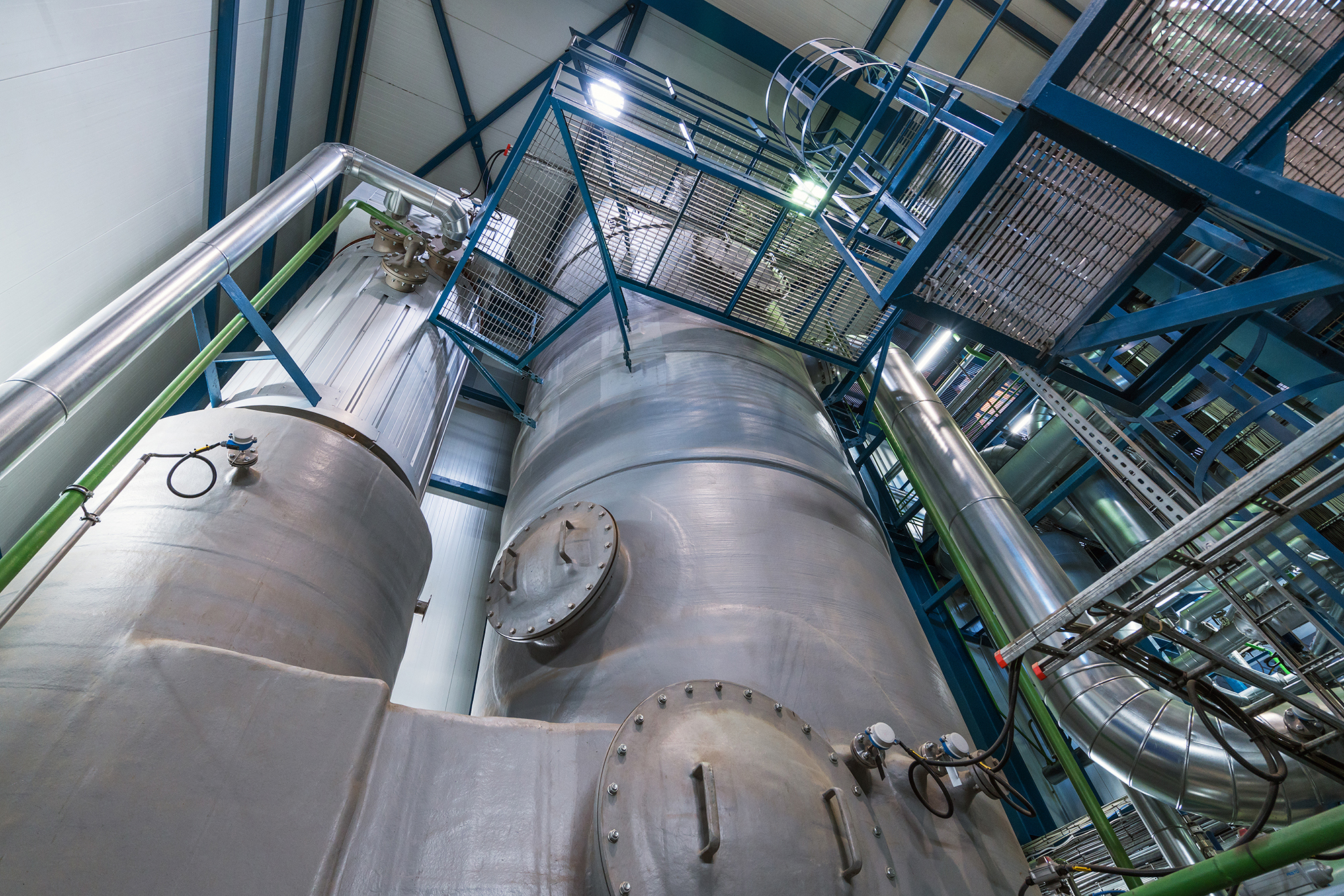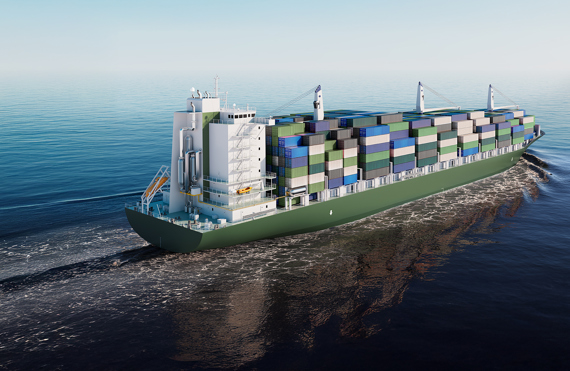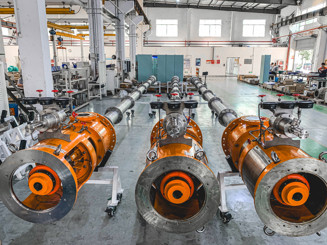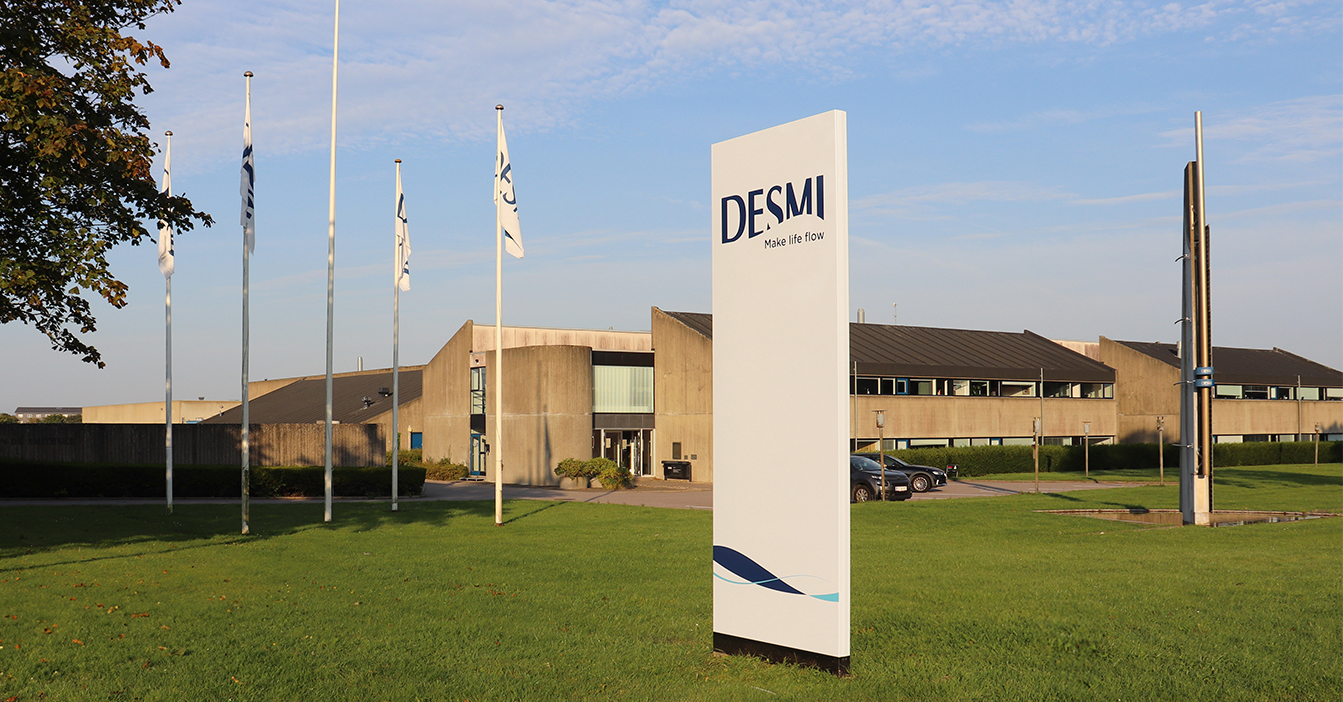
Carbon Capture and Storage
Carbon capture and storage (CCS) is emerging as a key technology to cut CO₂ emissions from both land-based industries and shipping. By capturing and storing CO₂ securely, it helps reduce climate impact and support compliance with stricter regulations.
DESMI supports every stage of the carbon capture process with reliable pumps and flow solutions. Our expertise covers solvent handling, CO₂ compression, transportation, and underground injection - all backed by decades of experience in demanding flow applications across marine and industrial environments.
What is carbon capture and storage (CCS)?
It is a process designed to reduce CO₂ emissions from power generation and industrial carbon capture facilities. Typically, flue gases are cleaned and cooled, CO₂ is absorbed using a solvent, and the CO₂ is released, compressed, and converted into liquid form for transport and storage.
Some methods also target CO₂ directly from air or water, but these are generally less efficient.
The International Energy Agency projects that CCS could capture 9.7 gigatonnes of CO₂ cumulatively from power generation by 2040. Market studies also highlight significant growth for carbon capture companies and carbon capture technology companies, with global CCS markets expected to expand strongly in the years ahead.


End-to-end CCS flow solutions
The carbon capture and storage process involves three main stages:
- Capture and conversion
- Transportation
- Injection into secure storage
To keep these processes efficient and stable, pumps and flow systems are required to handle amines, bicarbonates, solvents, liquid CO₂, and balance-of-plant conditions such as temperature control.
DESMI solutions are designed to support both industrial carbon capture plants - including steel, concrete, refineries, and power generation - and shipboard CCS systems that help vessels comply with EEDI, EEXI, and CII standards. Our systems are often modular, skid-based, or containerized, making them scalable and adaptable for future requirements.
Key factors in successful carbon capture and storage
Successful carbon capture and storage (CCS) systems depend on more than equipment alone. Efficiency, safety, and long-term reliability all rely on a deep understanding of flow processes, solvent handling, and operational stability across every part of the plant.
Each step of the carbon capture process – capture, compression, transport, and storage – requires technologies that perform precisely under changing conditions and demanding environments. Pumps and flow systems must maintain consistent operation when circulating solvents, transferring liquid CO₂, or generating the high pressures required for secure underground injection.
Typical system components include:
- Pumps for solvent circulation and process cooling
- Compression and liquid CO₂ transfer systems
- Booster and cargo pumps for pipeline or ship-based transport
- High-pressure pumping systems for underground storage
Designing an effective CCS setup involves collaboration between multiple stakeholders, including license holders, EPCs, consultants, and operators. Combining technical expertise with robust carbon capture and storage technology ensures reliable operation, energy efficiency, and long-term system stability.









